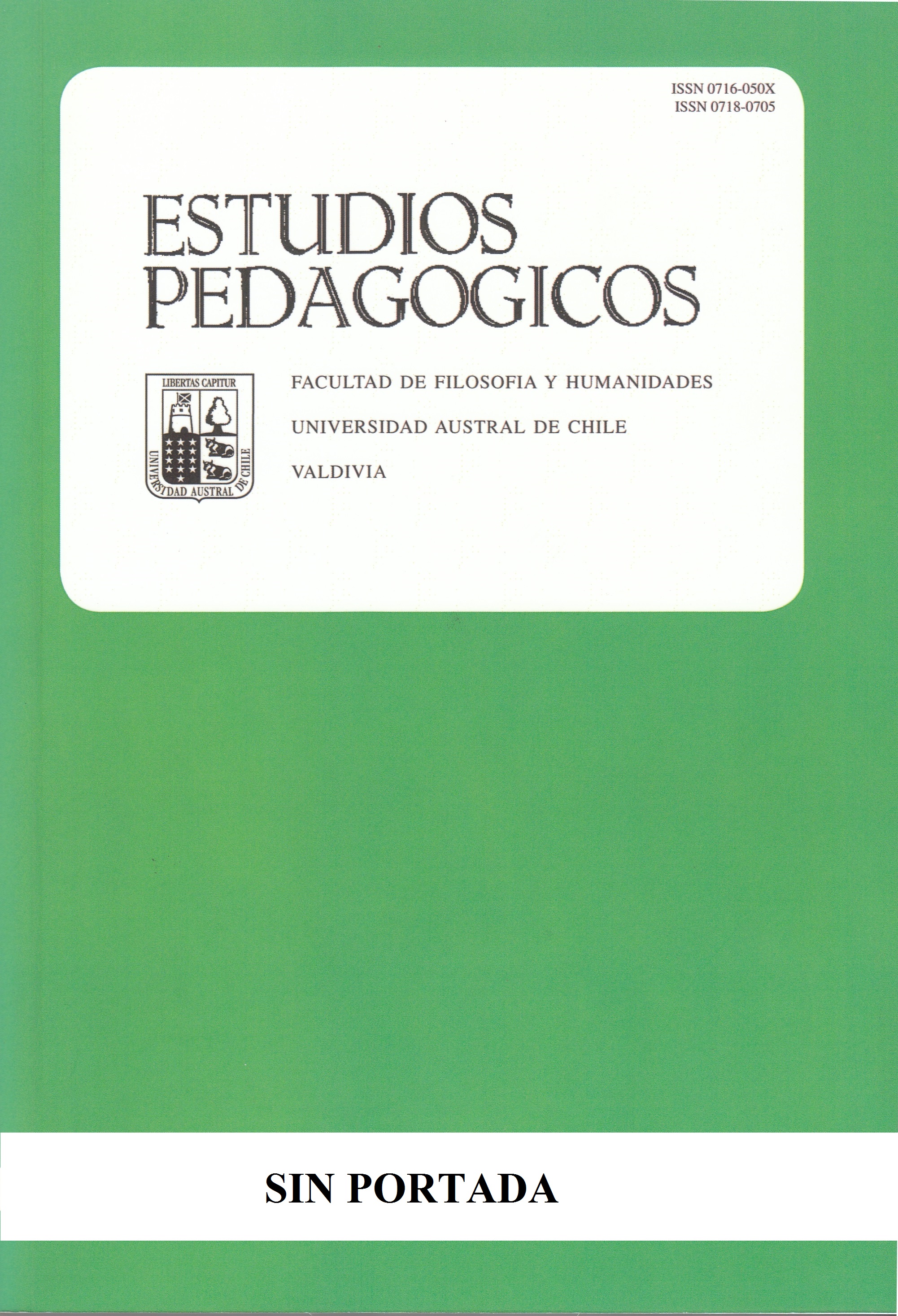The role of beliefs in self-regulated learning models and its relation with drawing learning
Main Article Content
Abstract
An empirical study is reported, whose goal is twofold. In the first place, it seeks to assess the objectivity of the judgements students make about their hand-drawing skills at the start of their university education. It then focuses on the particular relation between beliefs and self-regulated learning. The sample is made up of 300 students enrolled on the basic course taught at the Architecture, Design and Urban Planning School of the University of Buenos Aires. The subjects’ negative beliefs about their own ability have been objectively verified, whereas those who rated themselves as ‘good’ or ‘very good’ have been proved wrong. Their mistake seems to be linked to a superficial learning style, which would suggest that students showing less inclination for reflection as well as low processing and self-regulation strategies levels are less aware of their limitations. The relation between agency and specific self-efficacy is discussed. Instructional guidelines are put forward.

